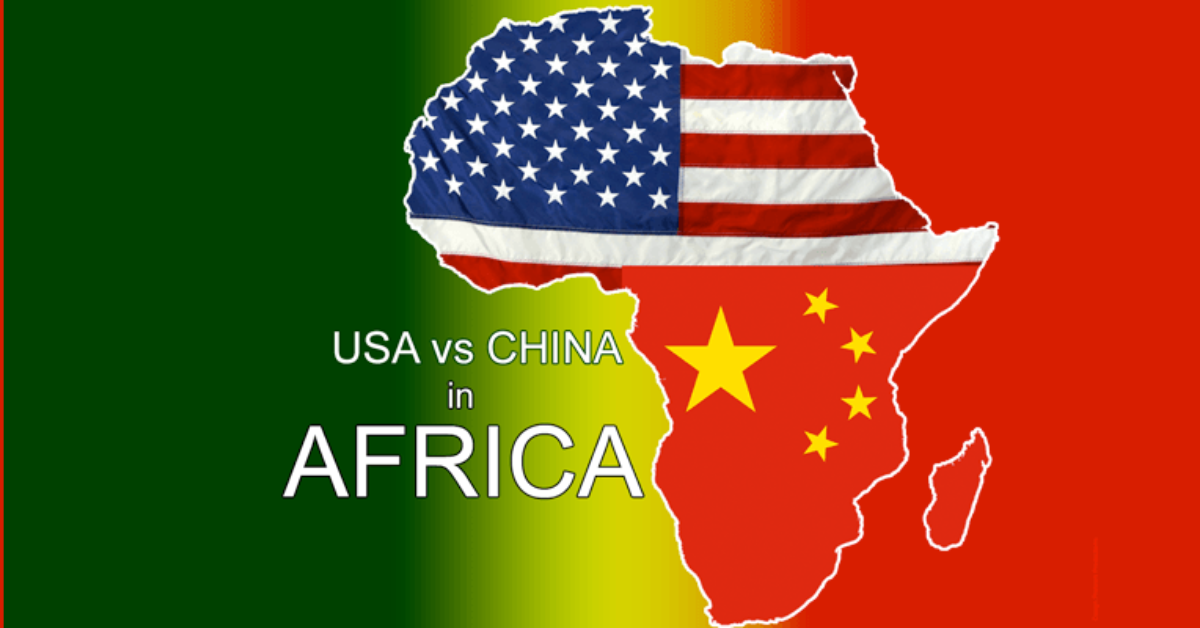U.S. President Joe Biden is “excited” to make his first trip to the African continent next week and will first stop briefly in the small island nation of Cabo Verde before making landfall in the Southwest African nation of Angola, a top White House official told VOA Friday.
“He is excited and really looking forward to the trip,” Frances Brown, senior director for African affairs at the National Security Council, told VOA at the White House. “I think the president really sees this as a way to sum up all that he’s tried to put forward during this administration on our Africa strategy.”
While there, she said, he will work on three objectives: on bolstering regional security, notably in the neighboring Democratic Republic of Congo; on growing economic opportunities in the region; and on improving technological and scientific cooperation.
“He sees Angola as the perfect place for this,” she said.
Some analysts say the fulfillment of Biden’s vow to visit Africa — made in 2022 — is well overdue. Biden originally planned to visit Angola in October; he postponed that trip because Hurricane Milton was bearing down on the eastern United States.
“I think coming, as it does, at the very tail end of his administration, without much to, I think, really celebrate in terms of his involvement in Africa, that I think the visit will ring rather hollow,” Cameron Hudson, a senior fellow in the Africa Program at the Center for Strategic and International Studies, told VOA.
The main attraction of the short visit is a major U.S.-financed development project: the 1,300-kilometer Lobito rail corridor, which connects the mineral-rich African interior to the southwestern port. The U.S. says it has pulled together more than $4 billion in U.S. investment on the project.
When asked by VOA if Biden will attempt to discuss Angola’s many documented human rights problems, Brown repeated a refrain often voiced by Biden administration officials, saying: “he never shies away from talking about democracy and human rights issues with counterparts.”
The short stop in the island nation of Cabo Verde could be seen as a way to balance this concern, Michael Walsh, a visiting researcher at the Lasky Center of the Ludwig Maximilian University of Munich, told VOA.
“They’re trying to, you know, add a stop that provides an opportunity for the Biden administration to say, look, we actually are visiting a flawed democracy as well as a hybrid regime,” he said.
He added, “That provides them with an opportunity to try to, I guess, mitigate some of the criticism that would be forthcoming during the visit by saying that the Biden administration isn’t just stopping in one African country. They actually stopped in two and one of those is on the other side of the democracy spectrum.”
Angola’s president, Joao Lourenco, is a prominent figure on the African continent, using his status as leader of a subcontinental oil giant to build his influence and to work to settle conflicts near and far, both in neighboring Congo and in the West African “coup belt.” This, Brown said, ties into one of Biden’s core beliefs as he prepares to leave office: That the U.S. sees African nations as partners and problem-solvers.
While there, she said, Biden plans to deliver remarks on how he sees the future of relations between Washington and the continent.
“I think he wants to leave behind his recognition that African leadership for solving some of these challenges is essential, and that’s why he’ll be amplifying Angola’s role mediating in the Democratic Republic of Congo and elsewhere,” she said. “And I think he wants to convey the remarkable evolution of the U.S.-Angolan partnership, which is in many ways the story of the remarkable evolution of the U.S.-African relationship over many centuries.”
Disclaimer: The Article has been published through RRS Feed from “Source Link ” and US In Focus does not claim ownership in any form. For removal of content, please let us know through Comment or Contact Us!
